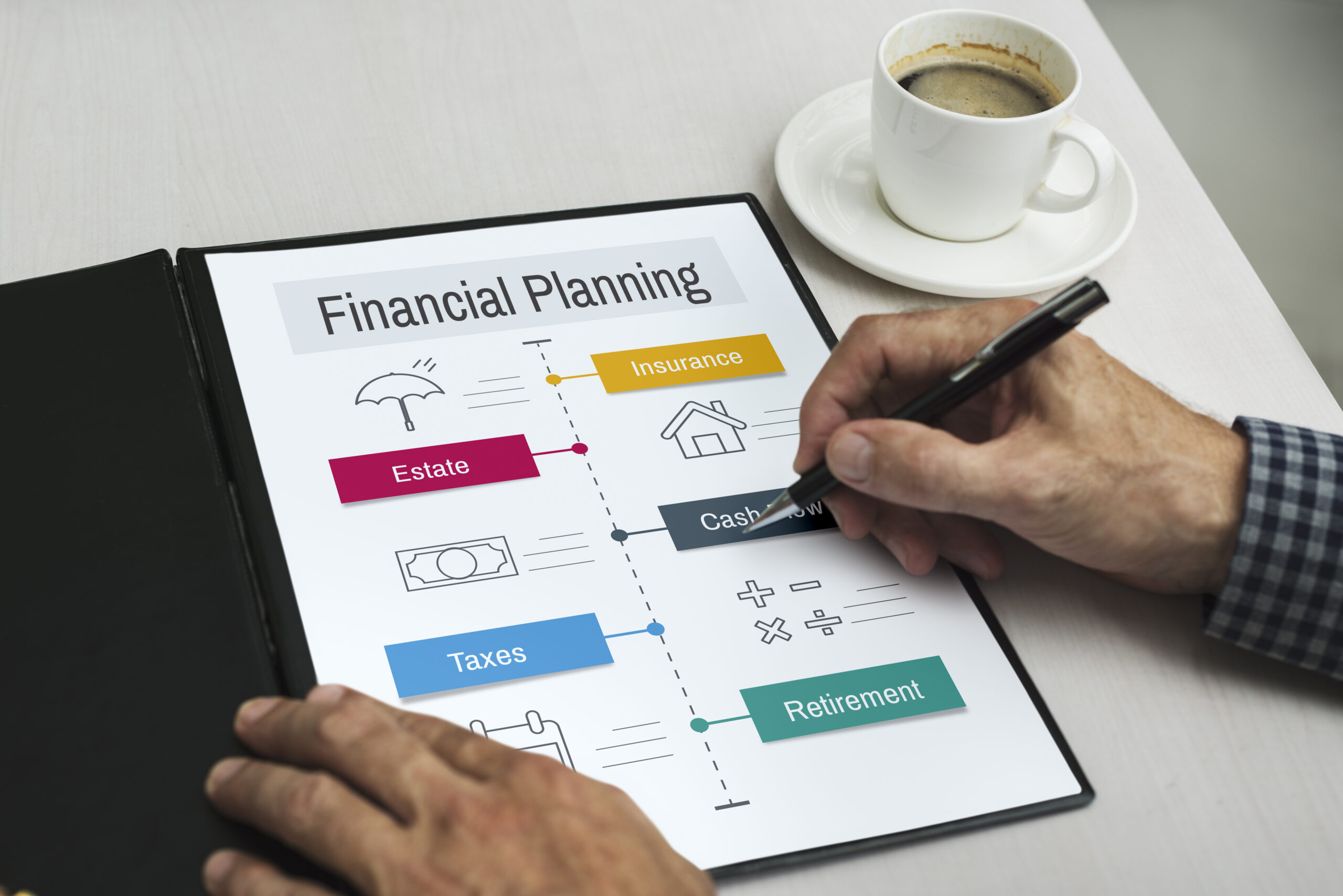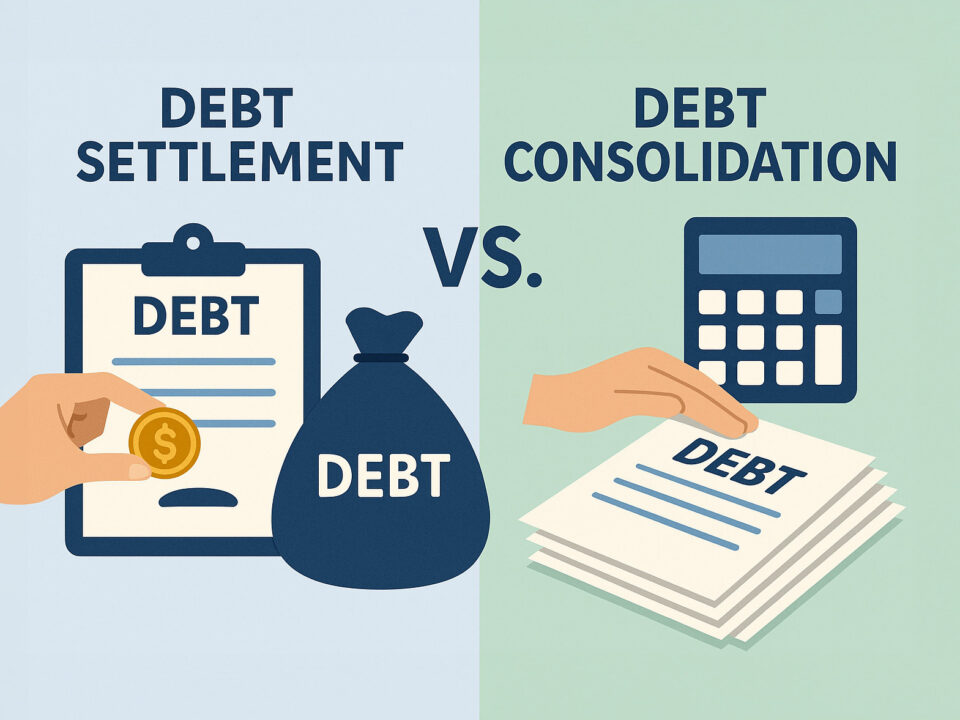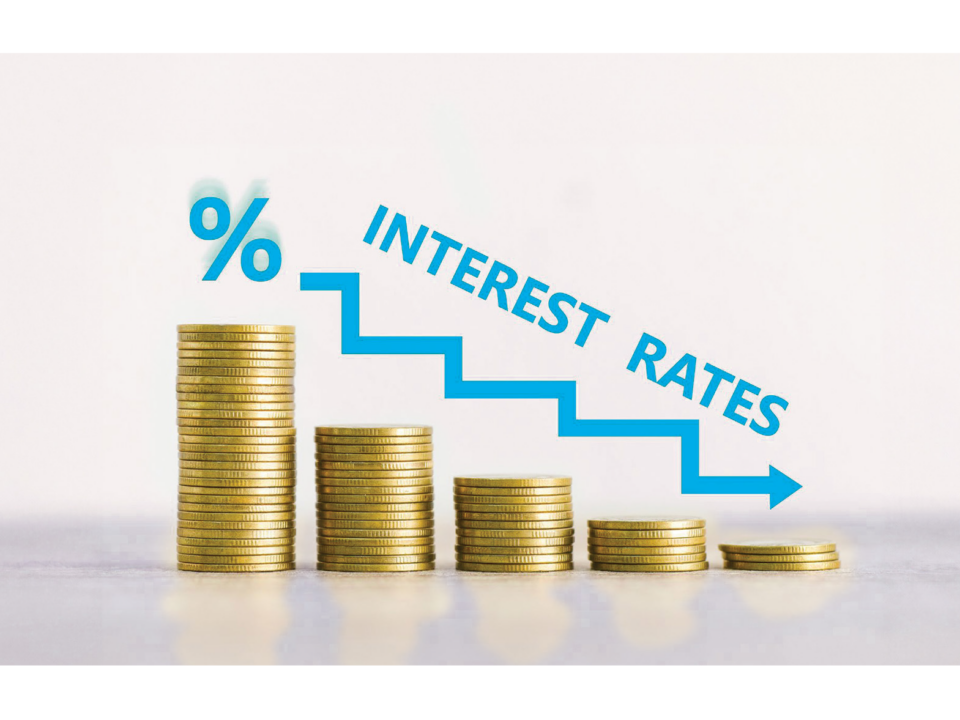
According to the Bureau of Labor Statistics, the US inflation rate stood at 8.52% in July 2022. While this is a welcome decrease from 9.06% last month, it’s still much higher than the long-term average of 3.26%. By now, you’ve probably noticed and felt the impact of rising inflation, from increased commodity prices to higher interest rates.
During this tricky time, smart financial planning is more critical than ever. Rather than sitting back and watching your funds go down, it’s important to take proactive steps to protect your money. Here’s a guide discussing some things you can do to beat inflation, from saving and budgeting responsibly to making wise investments.
Review Your Budget
Start by reviewing your budget to see how your expenses have been affected by inflation. Most likely, you’ll notice a steep increase in your spending due to the high prices, especially for items like food and gas. From here, you can reassess your budgeting strategies and consider cost-cutting measures to avoid breaking the bank.
For one, try to check if there are non-essential expenses you can eliminate in the meantime. For example, if you pay monthly fees for streaming services but rarely use them, it’s probably worth cutting your subscription. Though the fees may seem small, they still add up to a significant amount each year, so you’ll be able to save money.
Additionally, the next time you visit a grocery, consider buying generic items instead of branded items. Or look for money-saving apps that give you coupons or cashback that you can use in grocery stores. Even small changes like these can go a long way in combatting inflation.
Need help? Try checking online calculators that are of interest to you.
Credit Card Minimum Payment Calculator
Reduce Interest Rates on Debts
If you currently have some outstanding debts, you may also feel the impact of inflation on the interest rates. In this case, it’ll be a good idea to pay off your debt quickly. Use a debt payoff calculator to estimate how long it’ll take to repay your debts. Then, if it’ll take a while due to the high amount, try to reduce their interest rates.
One way to do this is through debt consolidation, which involves getting a personal loan with a lower fixed interest rate to repay your existing debts. Another option is to apply for a balance transfer card to move your existing credit card balances to a new account with less interest. Some cards also offer a 0% APR for an introductory period, so you can take advantage of this to lighten your financial burden.
Don’t Keep Excess Idle Cash
Many assume that it’s best to keep their cash sitting idle when there’s inflation, but this won’t help you manage the situation. Instead, consider investing excess money in the stock market. While the conditions aren’t the most favorable now, your dollars will appreciate over time, and you’ll earn better interest than what you would in a savings account. But take note—you should only do this if you already have emergency funds set aside.
Make Room for Investments
Some may think investments aren’t ideal at this time. After all, it doesn’t make sense to allocate money on risky investments when you’re already grappling with rising costs.
However, investing is a great way to hedge against inflation, provided you put your money in the right places. For example, real estate generally performs well during inflation since its value usually appreciates alongside the consumer price index. Thus, it’s good to invest in rental properties since you’ll be able to charge more for rent to increase your income.
Whatever your investment strategy may be, remember the general rule of thumb—don’t put all your eggs in one basket. Regardless of the market conditions, it’s advisable to diversify your portfolio. If you aren’t sure where to start, consider speaking with a financial advisor who can help plan your long-term investment plan.
Explore TIPS
Another safe investment you can consider is Treasury Inflation-Protected Securities (TIPS). These are government bonds that help protect your wealth since they adjust their principal value based on the consumer price index. In other words, the value increases during inflation and decreases during deflation. But with that said, TIPS may be more of a short-term investment since other options like stocks tend to offer better returns in the long run.

We’ve helped many people, just like you! What we offer;
Avoid Selling Stocks
It might be tempting to sell whatever stocks you have for extra cash, but it isn’t necessarily a good idea. For one, it’s likely that prices haven’t changed too much in the last few months, so you won’t be getting big returns on your investment. Similarly, your savings account won’t do much to protect you from inflation—even if stock prices are falling. So ultimately, it’s best to leave your stocks as is.
Don’t Make Drastic Decisions
Sometimes, people rush and make drastic financial decisions like big changes to their investments due to market volatility. However, the current market conditions won’t remain constant, so you shouldn’t make impulsive decisions based on those alone. Always think long-term when planning your finances, and don’t get carried away by sudden changes in the market.
Make Smart Financial Decisions with the Help of Prudent Financial Solutions
Beating inflation is much easier said than done. Navigating increased prices can be a headache on its own, but add to that the confusion about what investments to make and avoid at this time.
If you’re feeling overwhelmed and unsure about what to do, Prudent Financial Solutions is here to guide you. We offer debt management and financial planning solutions to help you make smart decisions, especially during these challenging times. Call us today at (877) 612-9483 to consult with our experts, and we’ll get you started on securing your financial future.



